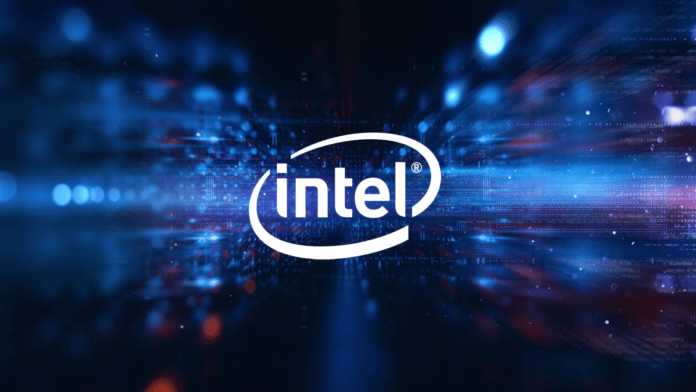Lavender emphasised OneAPI, a cross-industry, open source, standards-based programming approach that lets developers to choose the best architecture for the specific problem they are trying to address.
In light of the company’s emphasis on open source standards, AI reference kits, and its “Project Amber” cloud verification service, Intel CTO Greg Lavender on Wednesday described some of the company’s upcoming steps in its software strategy. OneAPI, a cross-industry, open source, standards-based programming model that enables developers to select the optimal architecture for the particular issue they are attempting to solve, was highlighted by Lavender. The project aims to meet the changing demands of researchers, national labs, software providers, and developers.
According to Intel, the oneAPI development community will now be managed by Intel subsidiary Codeplay. OneAPI 2023 toolkits with support for Intel’s newest CPU, GPU, and FPGA architectures are slated to launch in December, according to Intel, which stated it wants to continue developing developer tools based on oneAPI.
For developers aiming at the health care industry, Intel also introduced three new AI reference kits, covering document automation, disease prediction, and medical imaging diagnostics. On GitHub, the new AI reference kits are currently accessible.
In addition, Lavender gave an update on Project Amber, the company’s four-month-old cloud security subscription service for secure computing that goes by the code name. One of the first companies to test the technology is Leidos, a federal government technology contractor that ranks No. 11 on the 2022 CRN US Solution Provider 500. With Project Amber, it is developing a proof-of-concept to safeguard veterans’ health data for potential use in mobile clinics.
Lavender also provided updates on the development of post-quantum cryptography, one of the three phases of Intel’s strategy to counteract the dangers posed by quantum computers.
In order for our sector to be Y2Q-ready, or quantum-resistant, by 2030, recent advancements toward standardisation and increasing the urgency of opportunities and hazards “are major steps forward for our industry as it prepares to be Y2Q-ready, or quantum-resistant, by 2030,” according to Lavender.










































































